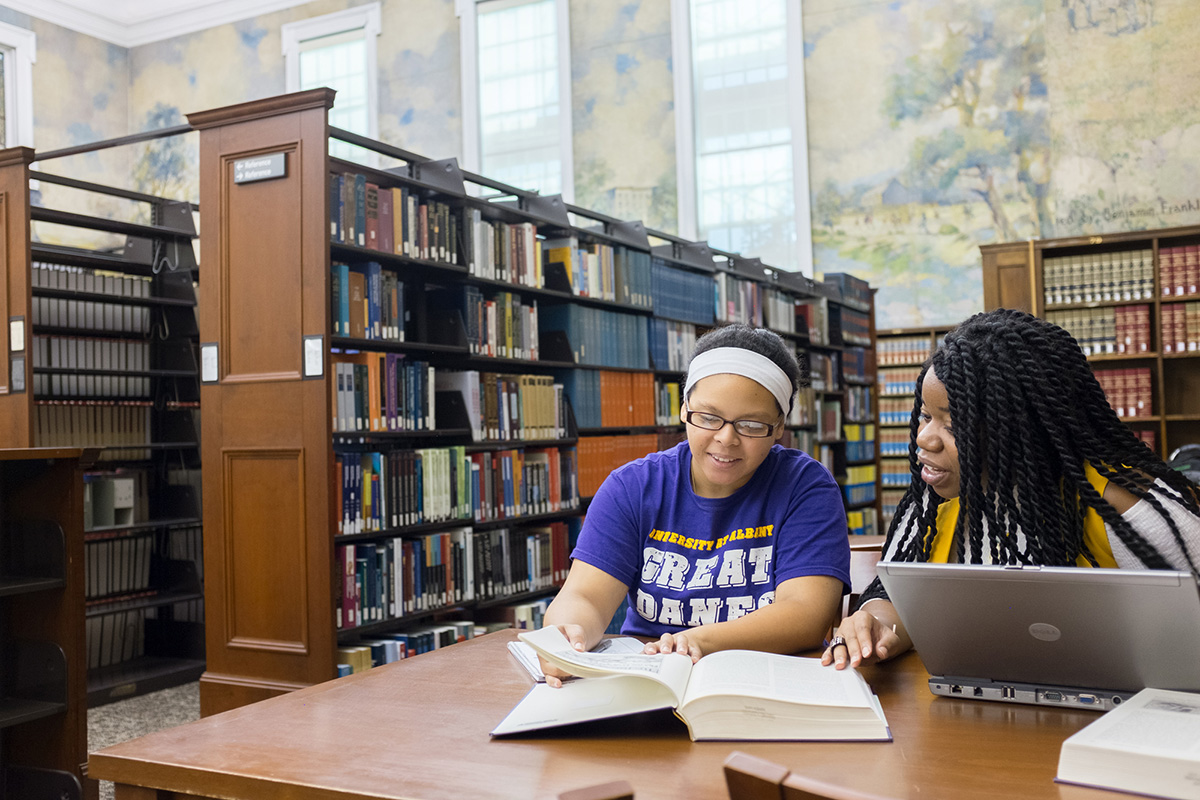Deadlines
Priority: January 15
General: March 1
Final: Rolling until August 1 on space available basis
Applicants who wish to be considered for a College of Integrate Health Sciences scholarship must submit their application by the priority deadline. Students who wish to be considered for one of the early submission scholarships should consult our Costs and Aid page and must submit the degree application and any additional required documents by the stated date for that scholarship.
Fee waivers are available for the first program you apply to in SOPHAS to cover the initial $150 application fee. There are three types of fee waivers: financial-based, service-based, and international-based. You may only apply for one type of fee waiver, and the waiver request must be submitted before you submit your SOPHAS application. Fee waivers are granted on a first come, first served basis, so you are strongly encouraged to apply before the priority deadline when requesting a waiver. For more information, visit SOPHAS Fees and Fee Waivers.
Applications are accepted for all programs on a space available basis after the published deadlines. Contact us at [email protected] or 518-442-2450 with any questions.
MS Biostatistics Degree Application
The application and all supporting materials for the MS in Biostatistics must be submitted through SOPHAS.
Visit the SOPHAS Applicant Help Center for help with starting your SOPHAS application.
Application Requirements
- Must hold a bachelor’s degree from a college or university of recognized standing
- Grade point average of 3.00 or better
- It is very strongly recommended* to have an undergraduate major in mathematics, statistics, computer science, the biological, physical or social sciences
- One semester in linear algebra, multivariate calculus and computer programming
*An applicant’s undergraduate major preferably should have been in the mathematical and/or statistical sciences. Students lacking preparation in these areas must make up such deficiencies.
For application specific questions, contact us at [email protected] or 518-442-2450.
International Requirements
- International students must submit a minimum TOEFL score of 98, IELTS score of 7.0, or Duolingo score of 125. We will only accept official scores sent by the testing institution.
- UAlbany SOPHAS TOEFL code is 5688. We do not use department codes.
- Official Duolingo scores must be sent to the University at Albany (SOPHAS does not accept Duolingo scores). Students may include unofficial scores in their SOPHAS application, but official scores must be received by the University at Albany.
- The TOEFL or IELTS is not required for international students who have completed at least four semesters of full-time study within a four-year time frame from time of application, and maintained at least a B average at a college or university in the United States or a country from an approved list. For questions regarding English Language Proficiency waivers, please email Soha Acosta at [email protected].
- International students must request a transcript evaluation from World Education Services (WES). The WES evaluation must be sent directly to SOPHAS, NOT the University at Albany or the College of Integrated Health Sciences.
Required Application Materials
Official Transcripts
- Official transcripts from EVERY post-secondary academic institution attended, including college coursework completed during high school, must be sent directly from the institution to SOPHAS. You must report all colleges and universities attended and submit official transcripts, even if your transfer credits are listed on your primary transcript. See Sending Official Transcripts for more guidelines.
- UAlbany students must have an official UAlbany transcript sent directly to SOPHAS. When ordering the transcript, select Third party application service SOPHAS, not University at Albany, as the recipient.
- Applicants who use the professional transcript entry service provided by SOPHAS should note that the entry process adds TWO FULL WEEKS to the time it takes for an application to be verified and considered complete by the admissions committee.
- Applicants who have completed their education in the United States must self-report courses in the Transcript Entry section, which enables reviewers to see your academic strengths through an electronic transcript. The use of a professional transcript entry service is strongly discouraged, as it increases the cost of applying and delays the review of your application by several weeks. We strongly encourage applicants to self-report coursework and grades in the Transcript Entry section directly to ensure a smooth and cost-effective application process.
Three letters of recommendation
- A minimum of two letters must be from academic faculty
- At least one letter must be from a university faculty member in the major field of study
- Applicants who have been out of school for five or more years may submit professional references
- Letters must be signed and on institutional/organizational letterhead
Personal Statement
- Why do you wish to pursue a career in public health and why are you interested in your chosen area of study?
- 2-page limit
- The personal statement must have well-defined research interests and should be very specific in nature
CV/Resume
Application Submission
Applicants should submit their application as soon as the items you have control over are complete (personal statement, resume/CV, institutions attended, coursework entry, and all other required sections of the online application). Test scores, transcripts and letters of recommendation will be added as they are received, after which SOPHAS will begin verifying your application.
Applications will not be reviewed until all required items, including official transcripts, official test scores, and required letters of recommendation, have been received and your application has been verified. Please note that once SOPHAS has received all of your application materials, it may take up to 4 full weeks to be verified by SOPHAS. Be sure to request all transcripts, recommendations, and standardized test scores in advance so that your application can be completed and verified by the specified application deadline.





